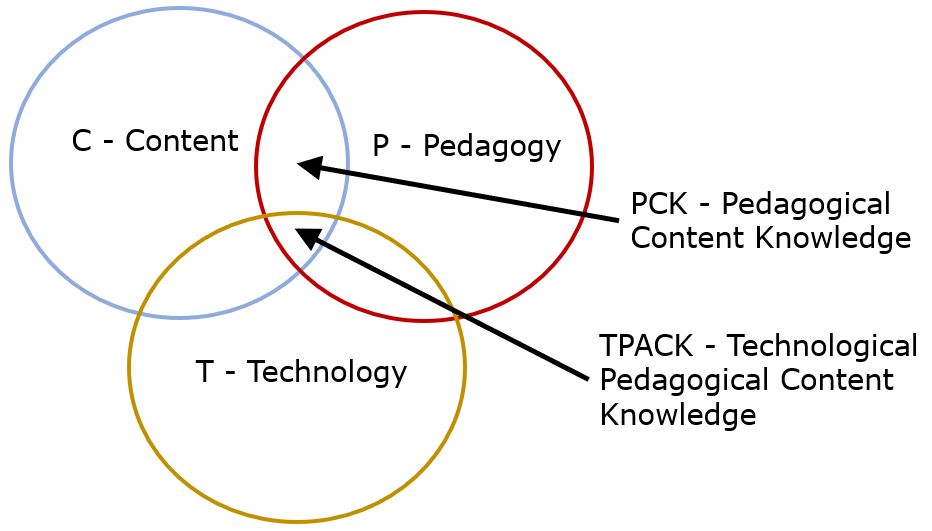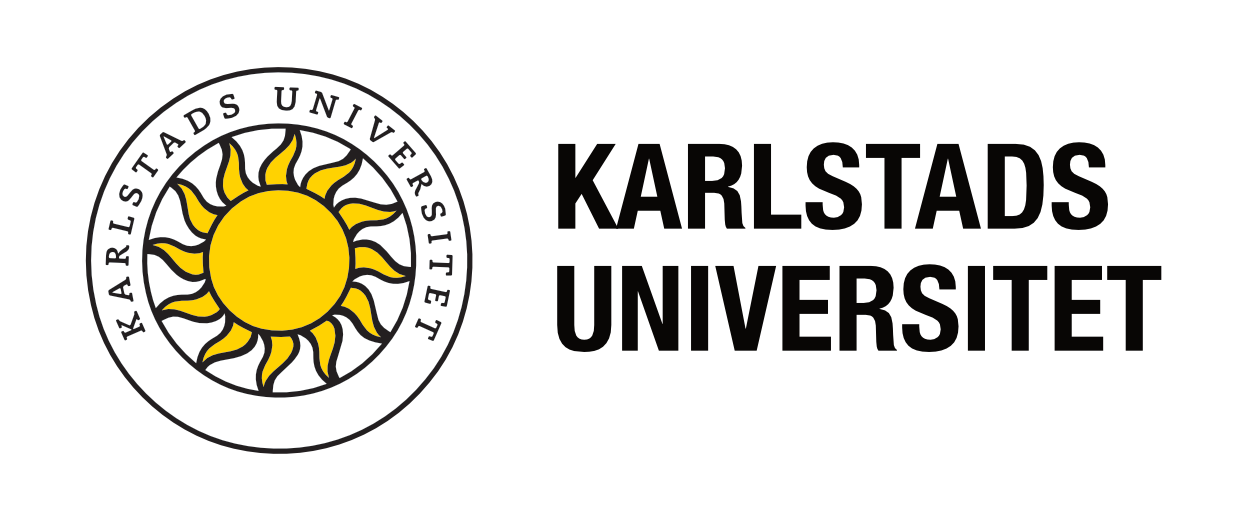PCK and TPACK are two concepts to describe teachers’ professional competence. First PCK on the combination of subject competence and didactic competence. And then TPACK for PCK supplemented with ICT skills.
PCK Pedagogical content knowledge
Lee Shulman (1986, 1987) askes what distinguishes a subject specialist from a teacher in the same subject. He points out that teacher education should not separate subject education from pedagogical education. He therefore proposes Pedagogical content knowledge (PCK) as the combination of subject knowledge and subject didactics, “…that special amalgam of content and pedagogy that is uniquely the province of teachers…” (Shulman 1987, p. 8).
He argues that “[PCK] represents the blending of content and pedagogy into an understanding of how particular topics, problems, or issues are organized, represented, and adopted to the diverse interests and abilities of learners, and presented for instruction. Pedagogical content knowledge is the category most likely to distinguish the understanding of content specialist from that of the pedagogue.” (Shulman 1987, p. 8)
TPACK Technological pedagogical content knowledge
To this characteristic teacher competence, Mishra and Koehler (2006) also add a T for technical competence and thus create the TPACK concept. They believe that teachers today must also have competence in the field of ICT. To be considered competent in blended learning in higher education, teachers need to possess deep subject knowledge and have clear didactic ideas about how students can be supported in developing knowledge and abilities within a subject area.

A teacher who has competence in TPACK and blended learning has a good ability to choose and to opt out of various forms of digital support for teaching and examination. It is about being able to use both general digital tools and those that are more or less subject-specific. A blended learning-competent teacher also has the ability to opt out of digital tools when they are not relevant, do not add quality or when they risk sabotaging qualitiy in analogous working methods.
References
Shulman, L. (1986). Those who understand: Knowledge growth in teaching. Educational researcher, 15(2), 4–14.
Shulman, L. (1987). Knowledge and teaching: Foundations of the new reform. Harvard educational review, 57(1), 1–23.
Mishra P, Koehler MJ. (2006) Technological pedagogical content knowledge: A framework for teacher knowledge. Teachers College Record, 108(6), 1017–1054

